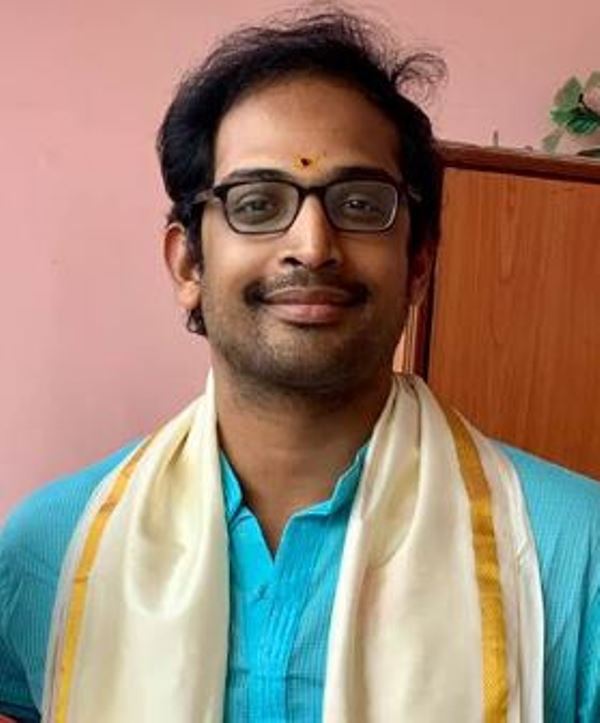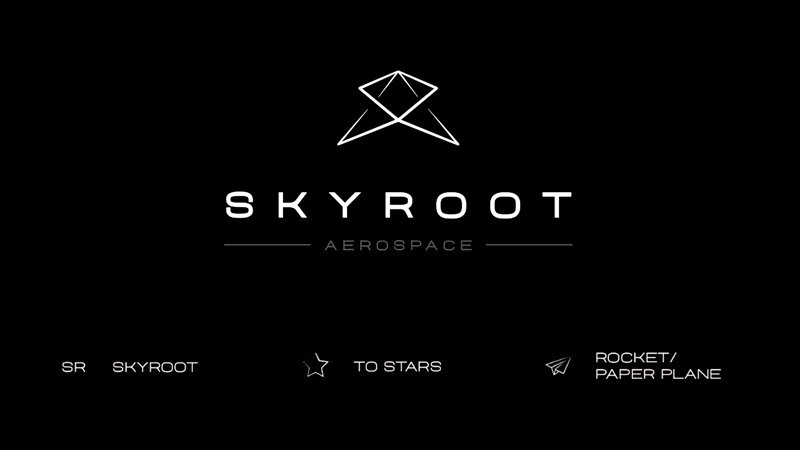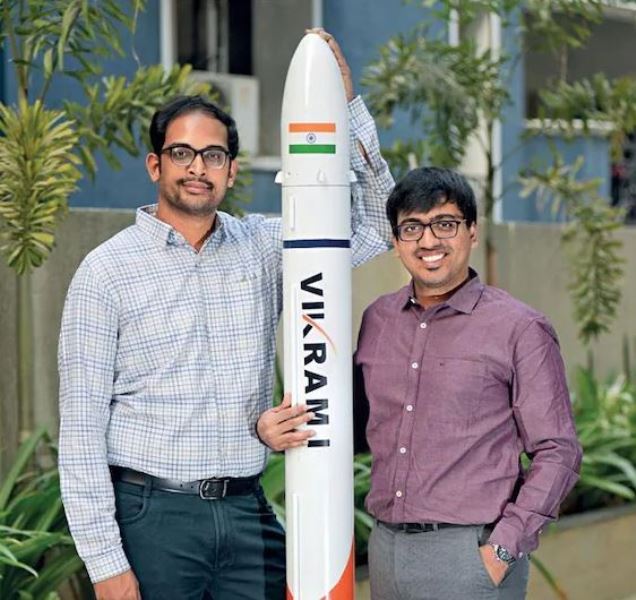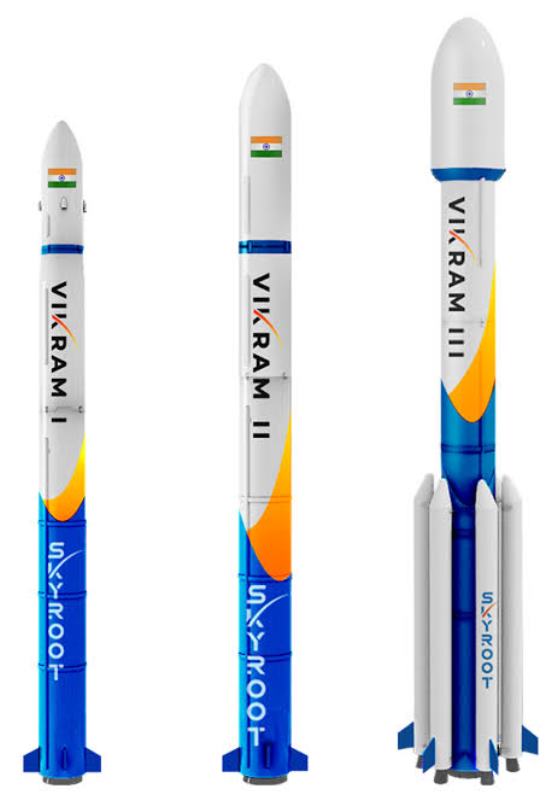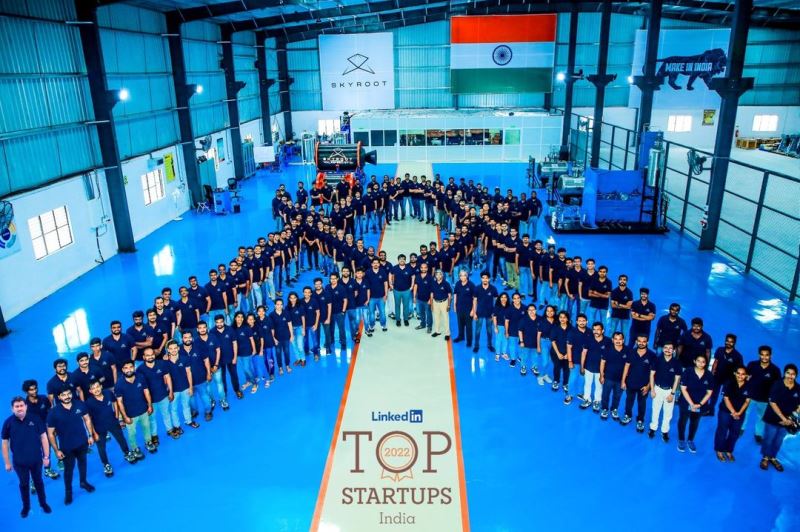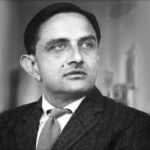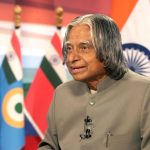Naga Bharath Daka Age, Wife, Children, Family, Biography & More
| Bio/Wiki | |
|---|---|
| Profession(s) | • Aerospace scientist • Space entrepreneur |
| Physical Stats & More | |
| Height (approx.) | in centimeters- 183 cm in meters- 1.83 m in feet & inches- 6’ 0” |
| Eye Colour | Black |
| Hair Colour | Black |
| Career | |
| Awards | • 2020: Skyroot Aerospace won National Startup Award from the Government of India • 2021: Skyroot Aerospace won the Pride of Telangana- Startup Achiever Award 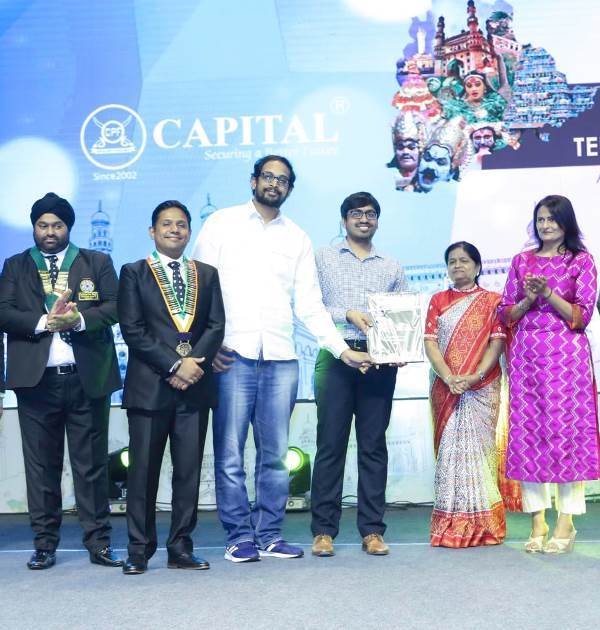 • 2021: Skyroot Aerospace team won Aegis Graham Bell Award for Jury choice award under the innovation category for the year 2020 • 2021: Skyroot Aerospace won the Best Innovator Award at Telangana State Industry Awards 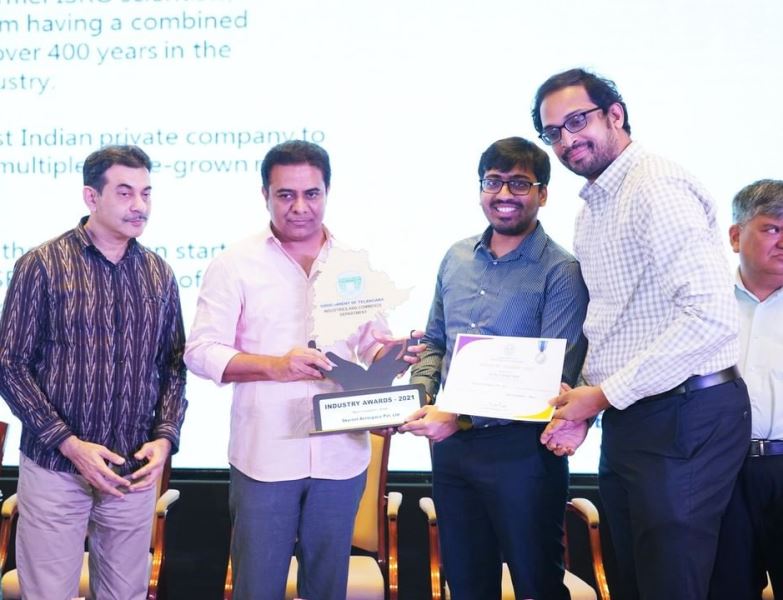 • 2022: Skyroot Aerospace won National Award for Technology Startups for Cryogenic, Liquid, and Solid Propulsion Technologies by the Department of Science and Technology, Government of India 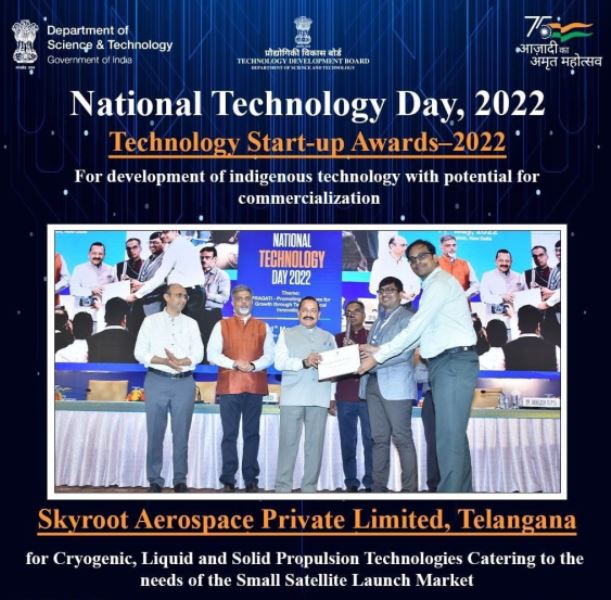 |
| Personal Life | |
| Date of Birth | 8 September 1989 (Friday) |
| Age (as of 2022) | 33 Years |
| Zodiac sign | Virgo |
| Nationality | Indian |
| Hometown | Hyderabad |
| School | • Little Angels High School in Visakhapatnam, Andhra Pradesh • Narayana Junior College in Hyderabad |
| College/University | IIT Madras |
| Educational Qualification | • B.Tech. in electrical engineering at IIT Madras • M.Tech. in microelectronics and VLSI design at IIT Madras [1]Linkedin- Naga Bharath Daka |
| Relationships & More | |
| Marital Status | Married |
| Marriage Date | 10 December 2016 |
| Family | |
| Wife/Spouse | Pavani Chavali (manager at Deloitte in Hyderabad)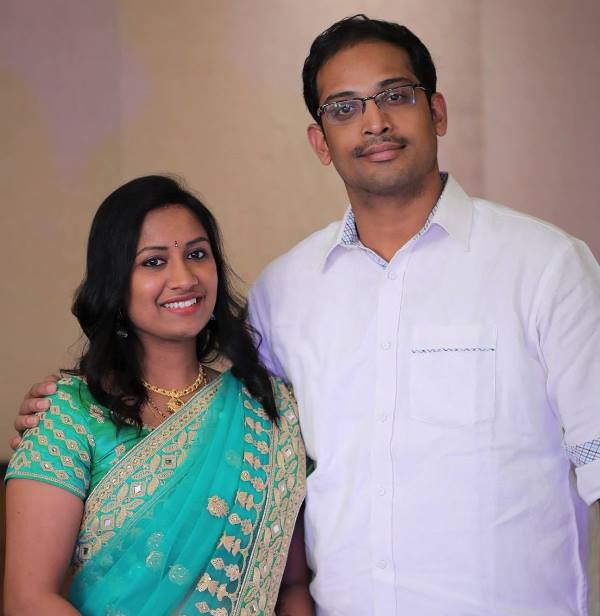 |
| Children | Son- Ram Tejus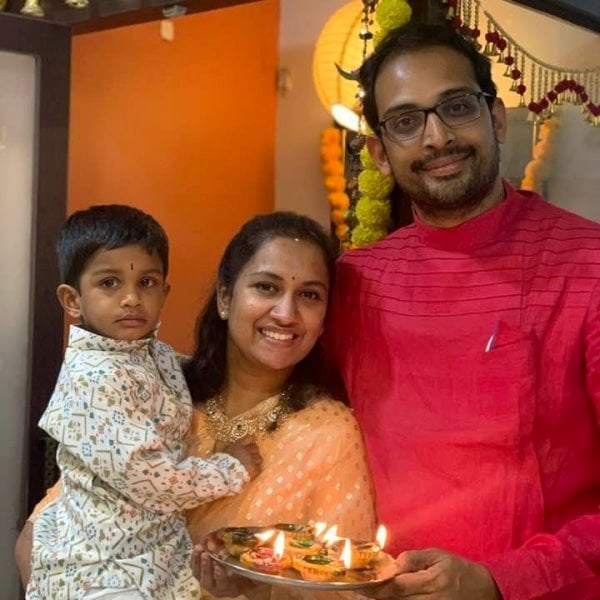 Daughter- None |
| Parents | Father- Raghuramireddy Daka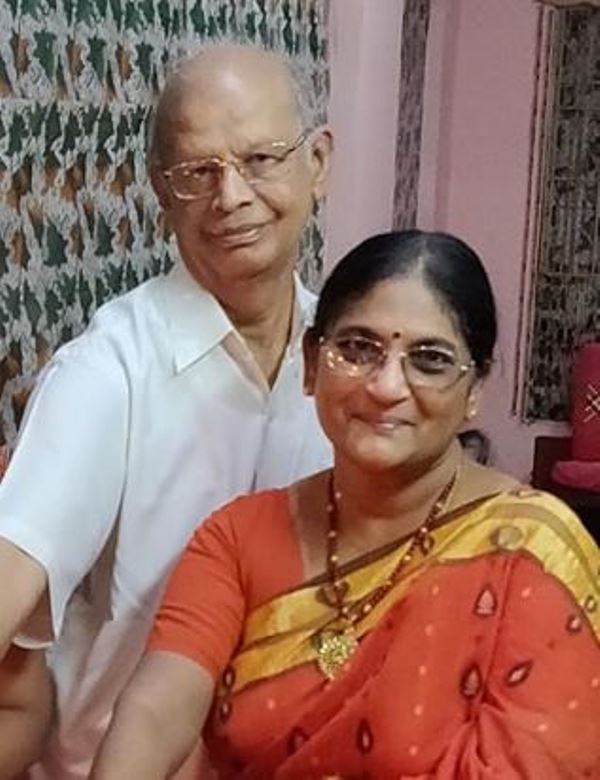 Mother- Name not known 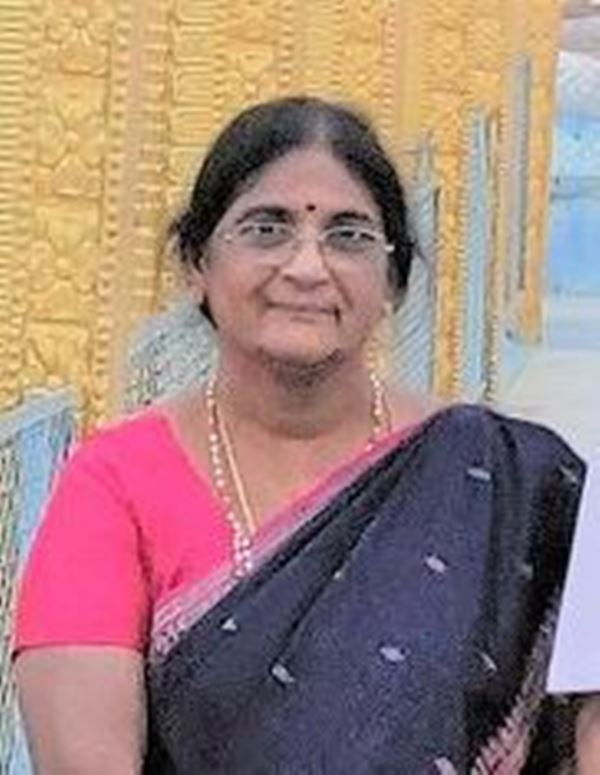 |
| Siblings | He has a brother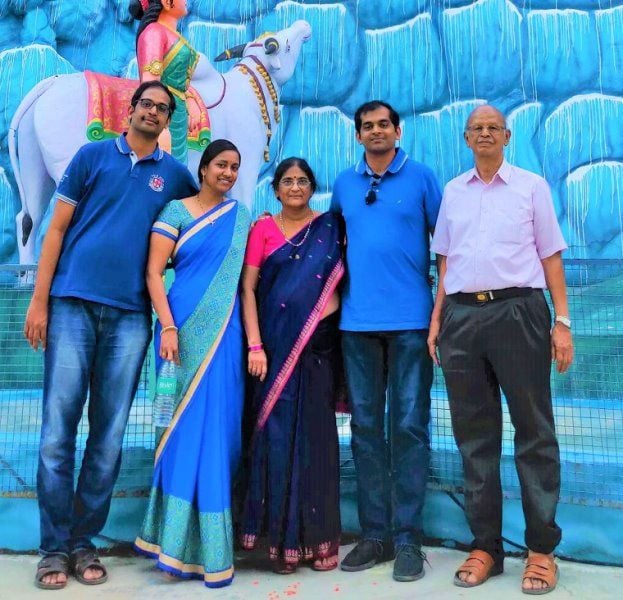 |
Some Lesser Known Facts About Naga Bharath Daka
- Naga Bharath Daka is the co-founder and COO (chief operating officer) of Skyroot Aerospace, a private launch vehicle manufacturing company.
- He joined Vikram Sarabhai Space Centre (VSSC) in October 2012, which is a subsidiary space research centre of ISRO in Thiruvananthapuram, India. At ISRO, he worked there as an avionics engineer. In April 2015, he left ISRO.
- He began working at Xilinx in May 2015, which is a semiconductor manufacturing commercial company, where he worked as a senior product applications engineer. He worked on Xilinx video and PCI express IP solutions. In August 2018, after working there for more than 3 years, he quit Xilinx.
- In August 2018, he became the co-founder of Skyroot Aerospace in Hyderabad, India in partnership with Pawan Kumar Chandana, a former ISRO scientist.
They founded the company with the help of Vasudevan Gnana Gandhi, an Indian rocket scientist, founders of CureFit Mukesh Bansal and Ankit Nagor, and some other entrepreneurs.
- On 20 November 2020, Skyroot Aerospace signed a memorandum with Dhruva Space, an aerospace manufacturer in India.
- On 20 May 2021, Skyroot Aerospace raised $11 million in the Series A funding round with the participation of the contribution of Greenko Group, Solar Industries, the chief business officer of Whatsapp Neeraj Arora, founder of Myntra and Cult.fit Mukesh Bansal, Sutton Capital, Vedanshu Investments, and more.
- In September 2021, after signing an agreement with the Department of Space of ISRO, Skyroot Aerospace became the first Indian start-up to access the facilities and expertise of ISRO, and the company can test its systems and sub-systems of carrier rockets.
- On 27 January 2022, Sherpalo Ventures of Ram Shriram, who is Google’s founding board member, ex-Google executive Amit Singhal, Wami Capital, and some others contributed to Skyroot Aerospace’s $4.5 million in Series B fundraising round.
- Skyroot Aerospace test-fired Raman-1, a hypergolic-fuel upper-stage engine, on 30 July 2020. They named the engine Raman to honour the Indian physicist C. V. Raman. After the testing of Raman-1, Skyroot Aerospace became the first Indian private company to test this kind of engine.
- On 22 December 2020, Skyroot Aerospace tested a solid-fuel rocket engine named Kalam-5. The testing took place in a private testing facility in Nagpur, which was owned by Solar Industries. They named the rocket engine after A. P. J. Kalam and 5 in the name Kalam-5 stands for peak sea level thrust of 5.3 kN.
- In May 2022, Skyroot Aerospace successfully completed a full-duration test-firing of Kalam-100, Vikram-1’s rocket stage. Kalam-100 can produce a peak vacuum thrust of 100 kN (or ~10 Tons) and consists of a burn time of 108 sec. Kalam-100 is built of high-strength carbon fibre structure, solid fuel, novel thermal protection system, and carbon ablative nozzle. According to media reports of 2022, Kalam-100 was the largest rocket stage to be designed, manufactured, and tested by a private company.
- On 25 November 2021, Dhawan-1, an upper-stage cryogenic engine, was tested successfully on a private test site provided by Solar Industries. Dhawan-1 was tested using liquefied natural gas (LNG) and liquid oxygen (LOX). It was made using 3D printing with regenerative cooling using superalloys. It was created to power heavier-lift systems including Vikram-II. Dhawan-1 was named to honour Satish Dhawan, an Indian mathematician and aerospace engineer. Dhawan-1 used liquefied natural gas (LNG), which made it the first cryogenic engine in India to use such fuel. LNG was used as a fuel as it is clean, reusable, and well-suited for space missions that are of long duration.
We're thrilled to announce, in a major milestone, we successfully test fired India's first privately built fully Cryogenic Engine 'Dhawan-1'
100% 3D-Printed
100% Made in India
Fuel of the future- LNGCheckout the footage: https://t.co/zffy4ti2Lj#Methalox pic.twitter.com/ktKGAs9o7n
— Skyroot Aerospace (@SkyrootA) November 25, 2021
- In 2020, Skyroot Aerospace began working on its series of small-lift launch vehicles named Vikram, which was named after the Indian physicist, astronomer, and founder of ISRO Vikram Sarabhai. Skyroot Aerospace joined hands with Bellatrix Aerospace in February 2021 to use the orbital transfer vehicle of Bellatrix Aerospace with carrier rockets of the Vikram series.
- The first launch vehicle of the Vikram series was Vikram-S. On 18 November 2022, Skyroot Aerospace successfully launched Vikram-S from Sriharikota, which became the first rocket to be launched by a private company in India. In an interview, while talking about the specifications and aim of launching Vikram-S launch vehicle in space, he said,
The Vikram-S rocket is a single-stage sub-orbital launch vehicle which would carry three customer payloads and help test and validate the majority of the technologies in the Vikram series of space launch vehicles.” [2]The Hindu
https://twitter.com/SkyrootA/status/1593529656283901952
- The second launch vehicle of the Vikram series is Vikram I. Vikram I requires minimal range infrastructure and can be assembled and launched hours from any launch site within 24. The third launch vehicle of the series is Vikram II, which is made up of an advanced cryogenic Methalox engine. Vikram III is the fourth launch vehicle of the series, which can be assembled and launched from any launch site within 72 hours. [3]Skyroot Aerospace
- In September 2021, Skyroot Aerospace was ranked 7th among the top 25 emerging companies in India on Linkedin’s 2021 Top Startups List.
- He is skilled in many software and hardware technologies and concepts including Verilog, Matlab, VHDL, C language, computational electronics, and more. [4]Linkedin – Naga Bharath Daka
- He scored 91st rank in the All India Engineering Entrance Examination (AIEEE) in 2007.
- He was ranked 165 AIR (All India Rank) in Joint Entrance Examination (JEE) in 2007.
References/Sources:

